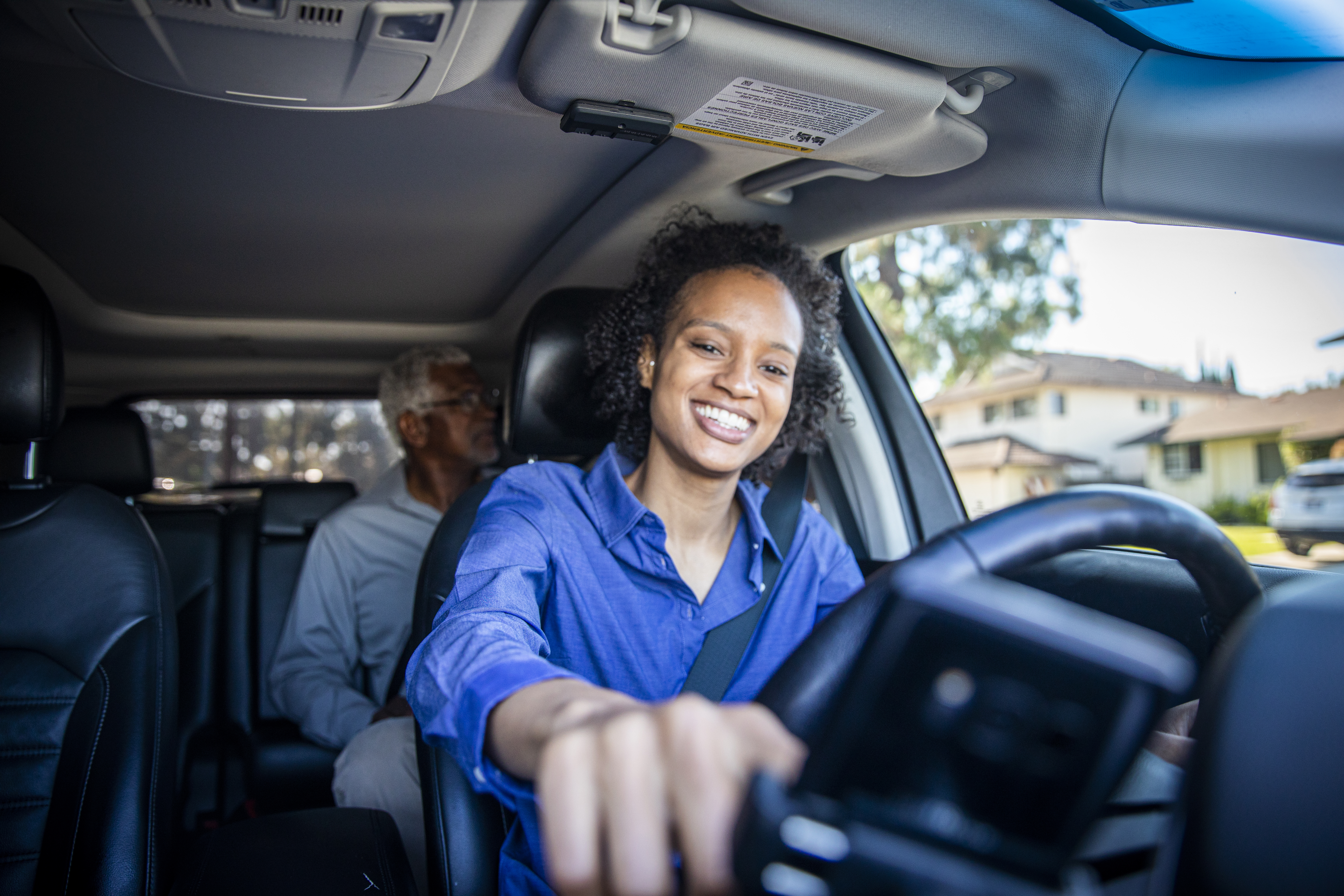AARP Hearing Center

AARP NC supports SB20 because based on action in other states, it will reduce crashes that result in fatalities and serious injuries. We advocate for communities that are more livable and age-friendly, including safer transportation networks. In addition, with decreased collision repair costs and medical expenses due to less distracted driving crashes, the NC Insurance Commissioner has said that insurance rates should decrease, which is important to our members, especially those on limited fixed incomes. The hands-free driving law is a common sense, enforceable approach to the problem of distracted driving.
WATCH A FORUM ON HOW A NEW LAW CAN HELP REDUCE CRASHES
IF YOU AGREE THAT THE TIME HAS COME FOR HANDS FREE NC
TAKE ACTION TODAY
The following op-ed ran on March 18, in the Wilmington Star News.
By Danny McComas, CEO, MCO Transport Inc., former Representative NC House
As the chief executive of a transportation and logistics company, I know how important it is for our drivers to be safe, as they share our roads with the motoring public. We have seen firsthand how the growing peril from distracted drivers is making our roads and highways less safe not only for our drivers, but for every motorist. Something must be done.
The time has come for North Carolina to join with the 24 other states and jurisdictions across America that have adopted a law requiring the hands-free use of mobile phones while driving. That will make our roads and highways safer, protecting innocent motorists from injury or death at the hands of distracted drivers.
As a conservative Republican who served 18 years in the North Carolina House, I believe any decision by the state legislature to curtail individual choice should come only if there is sufficient evidence of the peril to innocent people and that the legislation presents a solid public-safety benefit.
Distracted driving is now the cause of one-in-five accidents on North Carolina roads and highways. So clearly, a real problem needs to be addressed. According to 2019 crash statistics from the N.C. Department of Transportation, over 54,000 distracted driving accidents in our state cost 154 people their lives and sent 23,000 men, women and children to the emergency room. In addition, state Insurance Commissioner Mike Causey has come out in support of a hands-free driving law, noting that the increased costs from collision repairs and medical treatment from accident caused by distracted drivers could result in all drivers paying more for auto coverage.
I support the bipartisan Senate Bill 20, “Hands Free NC,” introduced on the first day of the 2021 NC legislative session by Senators Kevin Corbin (R-Macon), Jim Burgin (R-Harnett) and Mike Woodard (D- Durham). The bill is based on Georgia’s 2018 hands-free driving law, which allows motorists to talk on the phone while driving (using speaker options or Bluetooth equipment) but prohibits holding the device in the hand or supporting it with the body while operating a motor vehicle. Devices could still be used for music and navigation (as long as it’s not held while driving), but surfing the internet, checking social media, and watching videos would join texting and e-mailing as prohibited activities when behind the wheel.
This is a common sense and enforceable law that immediately reduced accident and fatality rates in Georgia. There are indeed many forms of distracted driving –everything from daydreaming to dealing with unruly children –but a hands-free driving law addresses a very serious form of distraction that is conspicuous and thus easily enforced. That, in turn, will encourage the motoring public to engage in better behavior relative to all forms of distracted driving. The time has come for our state legislature to take action to combat the epidemic of distracted driving across North Carolina. I fully support passage of SB 20 during this legislative session.
Hear from a distracted driving victim about why this law is so important:
Refresh your driving skills, get safe driving resources and tips, assess your driving skills -- learn more about AARP Driver Safety.































































